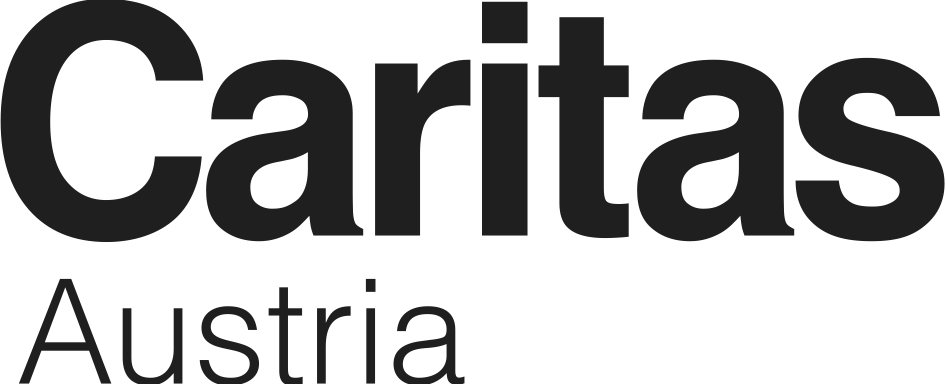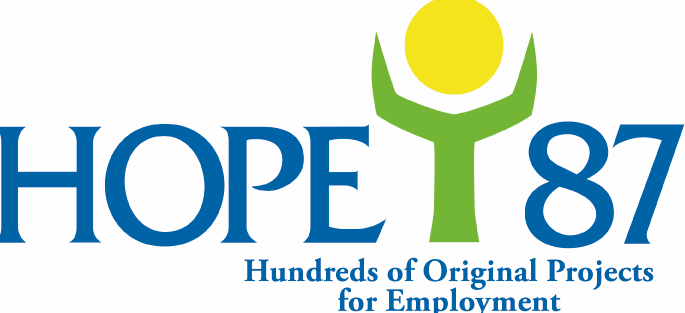Moderator: Samuel Schubert
Panel members:Ara Badrtarkhanian, Madlen Behrle, Lorenz Harder, Ruggero Scaturro, Christopher Tratnik, Marlit Antonia Schardt, Anna Lisa Soiné
Climate change looms. Famine, floods, earthquakes, short and protracted armed conflicts
all present great humanitarian challenges for the near and long term future. With all those challenges in mind how will the coming generations engage in humanitarian affairs, keeping in mind that half of the world’s refugees are under 18?
Often change is a gradual and painstaking process, and misery is not done away with from one day to the other. As global warming and technological developments accelerate, will humanity have to adapt more radically and faster? Will future generations engage more or withdraw from humanitarian efforts as a lost cause? Will the international outlook and mobility of today’s young people make them more amenable to humanitarian aid activities, both as active participants and as democratic shapers of public policy?
Are there new ideas on engaging with those who reject humanitarian activities or believe markets provide all solutions and that each nation should fend for itself in consequence? What role can technology and new media play?


















